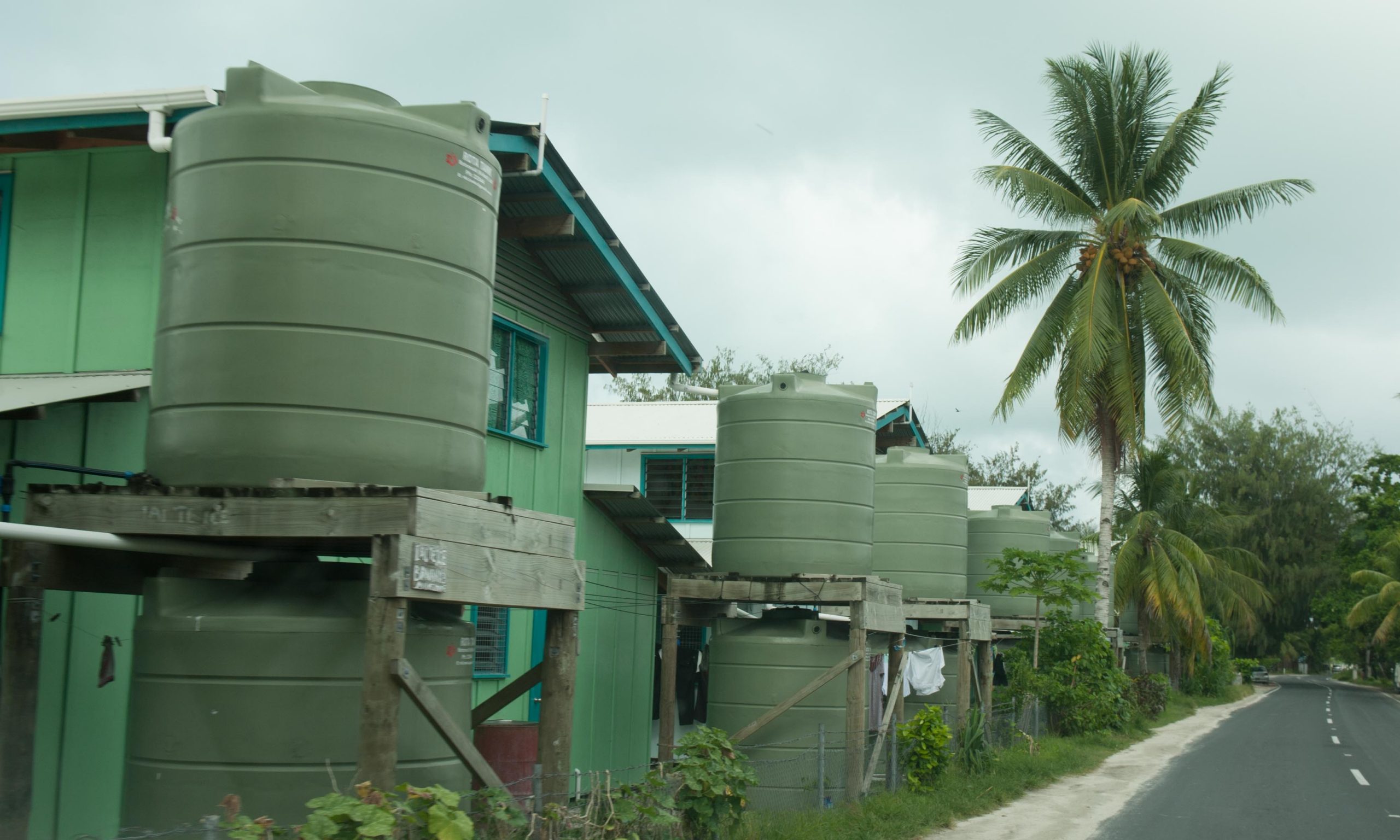The National Adaptation Plan (NAP), is envisioned to be the umbrella programme for adaptation for a country, embracing and coordinating adaptation efforts at all levels and by all actors in the country, while servicing specific end uses, including the following:
- The NAP serving as the national policy instrument for coordinating and driving adaptation actions of all actors in the country in pursuit of agreed national adaptation goals and outcomes. Activities of main actors would be funded and implemented under their own terms, while ensuring the overall outcomes are coherent;
- The process created to formulate and implement the NAP would be serving as the main national programme to deliver the essential functions related to climate change adaptation, with the production of the NAP on a regular basis being the main roadmap for the programme. Such a programme would ensure coordination between ministries and other good-practice governance;
- The NAP serving as a plan of action for adaptation for the country, building on activities of many at appropriate scales and levels, within the framework of the GCF country programme for adaptation;
- The NAP serving as a plan of action for adaptation in the context of other relevant national plans, such as the UN Country Assistance Framework, bilateral programmes, etc.;
- The NAP serving to inform reporting to the UNFCCC and Paris Agreement on adaptation as the Adaptation Communication or any channel used by the country including the NDC or the national communication;
- The NAP serving to manage coherence and synergy of climate change efforts with efforts and activities in addressing the Sendai Framework, SDGs and other international, regional and national frameworks.
As part of the Open NAP initiative, partners of the NAP Technical Working Group worked on an outline for a prototype NAP during the NAP workshop in Nairobi last September 2019, as follows:
Outline of an Open NAP
1.Executive Summary
2.Framework for the NAP
- Essential functions of the NAP process
- The NAP as the umbrella programme for adaptation
- Coherence with national development context, SDGs, Sendai and other relevant frameworks
3.Approach and Methodologies
- Guiding principles
- Guidelines used
- A systems approach to adaptation
- Other unique considerations
- Road Map
4.National Context
- National circumstances
- Institutional arrangements for climate change adaptation
- Legal frameworks
5.Vision Goals and Objectives of the NAP
6.Climate Change Adaptation Assessment
- Past climate
- Projected future climate
- Assessment by key system
- Impacts
- Vulnerabilities
- Risks
7.National Adaptation Priorities
- Key Risks and adaptation options
- Ranking adaptation actions
8.Implementation Strategy
- Promoting action by all actors and stakeholders: policy and capacity-development, outreach
- Better informed decision-making: climate information services, early warning, science and technology, decision-support modeling, research
- Addressing vulnerabilities and risks in key systems and sectors
- Packaging
- Policies
- Programmes
- Projects
9.Alignment with the GCF Country Programme
10.Mobilization of Other Sources of Finance
11.Monitoring and Evaluation of Adaptation Actions and Process
- Theory of change (where applicable)
- Monitoring adaptation outcomes
- Monitoring the NAP process using the PEG M&E Tool
12.Reporting
- Adaptation communications
- Links to SDG voluntary reporting and Sendai Framework Monitor
- Gender
13.Further development of the programme to support future NAPs
- Data and system observations to support future assessments
- Roadmap for review and update of the NAP in five years
- Addressing gaps and needs
Annexes
- NAP Outputs
- Stocktaking report
- Assessment report
- NAP Road Map
- PPCR/SPRC
- National Resilience Strategies
15.Country Profile
- Climate change policies
- Recent climate change impacts
- Climate Change Projects under UNFCCC funds: GEF, LDCF, GCF
- Development Projects with Climate Change Components: Donor funded/Loans
- National Reports to the UNFCCC and Paris Agreement
- List of ongoing programmes and projects
- Data and Information System to support the NAP


